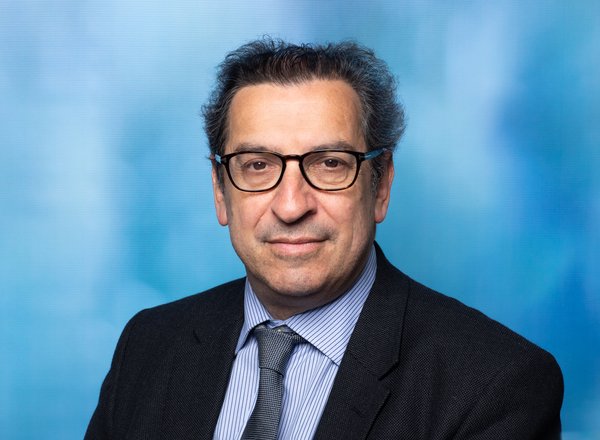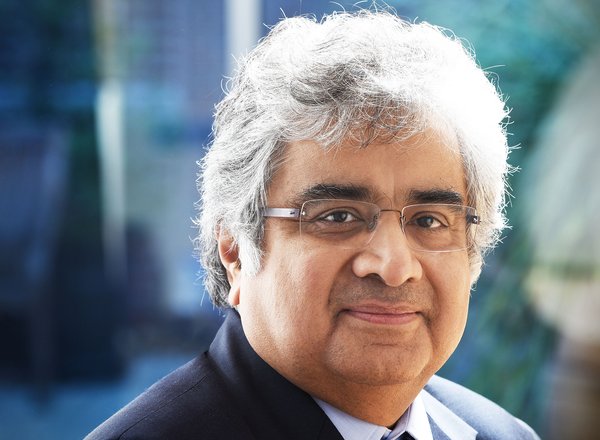The Commercial Court (Jacobs J) has given an important judgment holding that a US$1.5 billion Worldwide Freezing Order, Search Order, and Norwich Pharmacal Orders should be continued against companies in the Essar Group and individuals associated with it.
This case shows how large-scale international fraud and asset concealment can be effectively combated by a suite of interlocking search orders, freezing orders and disclosure orders against multiple parties in multiple jurisdictions. What makes this case particularly noteworthy is the fact that a Worldwide Freezing Order was granted against the Defendant despite it being a foreign company, with apparently no significant assets in England, and in relation to a foreign cause of action. The fact that there were persons and papers in England that could identify hidden assets was held to render such orders just and convenient.
The proceedings arise out of an ICC Award under which Essar Steel Limited (“Essar Steel”, a Mauritian company) was ordered to pay ArcelorMittal USA (“AMUSA”, a Delaware company) more than US$1.5 billion in damages, costs, and interest in respect of a wrongful repudiation of a contract for the sale of steel pellets entered into in connection with a major project in Minnesota. Essar Steel having refused to pay the ICC Award, and efforts to enforce it in Minnesota and Mauritius having yielded no recoveries, AMUSA commenced proceedings in England to enforce the ICC Award and sought in support of this the interim injunctive relief referred to above.
That relief was initially granted at a without notice hearing before Butcher J in early January 2019. Following a 3 day return date, Jacobs J gave the judgment referred to above dismissing the Respondents’ objections to the relief granted and concluding that it was appropriate to continue it. Jacobs J concluded (among other things) that: (i) there was a real risk that unless restrained, Essar Steel would unjustifiably dissipate its assets, including having regard to historic misconduct at the Essar Group in various jurisdictions; (ii) it was just and convenient to make a worldwide freezing order notwithstanding that the ICC Award was a foreign award, Essar Steel was a foreign company, and there was no evidence of assets in the jurisdiction, including because the case was properly to be regarded as involving international fraud; (iii) a Search Order was appropriate, including because there was a risk that without such relief relevant documents would be destroyed or concealed; and (iv) Norwich Pharmacal relief was appropriate in the circumstances too.
The judgment provides guidance on various topics of interest to practitioners in the fields of fraud, asset recovery and injunctive relief. They include: (i) the Court’s approach to the exercise of its injunctive powers in cases where a foreign arbitral award is sought to be enforced against a foreign defendant and the relevance in this regard of considerations of expediency and connection to the jurisdiction; (ii) the impact of cases such as Ramilos Trading v Buyanovsky [2016] EWHC 3175 (Comm) on the Court’s powers to obtain documents and information to enable foreign awards and judgments to be enforced; and (iii) s. 1140 of the Companies Act 2006, which provides a mechanism for serving directors of English companies in the jurisdiction, even if they are not resident or otherwise present here.
The judgment is available here.Anthony Peto QC, Tom Weisselberg QC, Harish Salve, Andrew Scott and Isabel Buchanan appeared for AMUSA, instructed by Mishcon de Reya LLP.

















